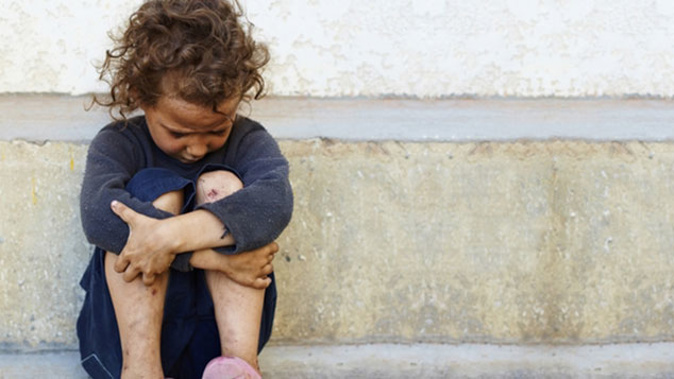
New Zealand has dropped from first to fifth most socially advanced nation in the world -- but the director of the think-tank that produced the figures says we are still doing well.
Washington-based Social Progress Imperative, whose advisory board is led by Harvard economist Michael Porter, has placed Norway at the top of this year's ranking of 133 countries based on 51 indicators of "social progress".
New Zealand has dropped from first place in the index last year to fifth place this year, behind Norway, Sweden, Switzerland and Iceland.
But the think-tank's director Michael Green said New Zealand still outperformed all other developed countries in its social progress relative to its economic performance.
New Zealand's economic ranking was only 23rd, with a gross domestic product of US$32,808 (NZ$43,531) or barely half of Norway's US$62,448, yet its level of social progress (87.08 on the index) was almost as high as Norway's (88.36).
"Only Sweden, of the OECD countries, is another outperformer, and New Zealand is a much bigger outperformer than Sweden. New Zealand is a world leader in social progress outperforming," Mr Green said.
New Zealand scored first or first-equal for personal rights and access to water and sanitation, third on access to basic education, and fifth in a category called "tolerance and inclusion" based on surveys of tolerance of immigrants, homosexuals, minorities and religions.
But the country was dragged down by scores well below other developed countries on several health indicators including the death rate of children under 5 (where we scored 34th out of 133 countries), the suicide rate (79th) and the obesity rate (117th).
Waikato medical officer of health Dr Felicity Dumble, who chairs the national Child and Youth Mortality Review Committee, said New Zealand still had high rates of sudden infant death syndrome, but an intensive public health campaign in recent years was reducing the death rate.
"There is increasing awareness regarding safe sleeping advice -- face up, face clear, smoke-free. Those messages are going out there and that is actually making quite a difference," she said.
She said total deaths in the age group covered by her committee, from one month to 24 years, had dropped from 700 a year when the committee was set up in 2002 to about 500 a year now.
"So there is progress being made, and the importance of mortality review is to learn from the past to make a positive change for the future," she said.
She said it was difficult to compare suicide rates internationally because countries had different systems for deciding whether a death was a suicide.
Obesity rates were clearer, but reducing them was complex.
"There is a greater awareness of the importance of good nutrition and physical activity," she said.
New Zealand also scored surprisingly badly on a new measure included in the index this year -- "early marriage", defined as the proportion of teenage girls aged 15 to 19 who are married.
New Zealand's early marriage rate of 8.2 per cent was higher than all other OECD countries except Mexico (16 per cent) and Turkey (9.6 per cent), giving this country a ranking of 62nd out of 133 countries. The lowest early marriage rates scored highest, on the basis that early marriage usually forces young women out of education.
However, New Zealand's poor score on this measure is mainly because its figure of 8.2 per cent includes "consensual unions" (7.8 per cent) as well as legal marriage (0.4 per cent). Only six other OECD countries include consensual unions.
New Zealand's rate is the second-highest of those six, after Mexico, but it is impossible to make valid comparisons with the other 28 OECD nations.
Other indicators where New Zealand's ranking has dropped since last year also appear to be statistical quirks. For example, only 82.8 per cent of New Zealanders are now counted as using the internet (16th ranking), down from 89.5 per cent last year, simply because the data now comes from Statistics NZ instead of a previous survey by the former Ministry of Economic Development.
The country has dropped from second place last year to 10th this year on a measure called "community safety net", which is taken from a Gallup world poll question asking, "If you were in trouble, do you have relatives or friends you can count on to help you whenever you need them?"
Mr Green said the top countries in the overall social progress index, including New Zealand, were bunched tightly together with only small differences between them.
"There's always going to be noise in the data year by year," he said. "New Zealand is doing fantastically well."
Take your Radio, Podcasts and Music with you









